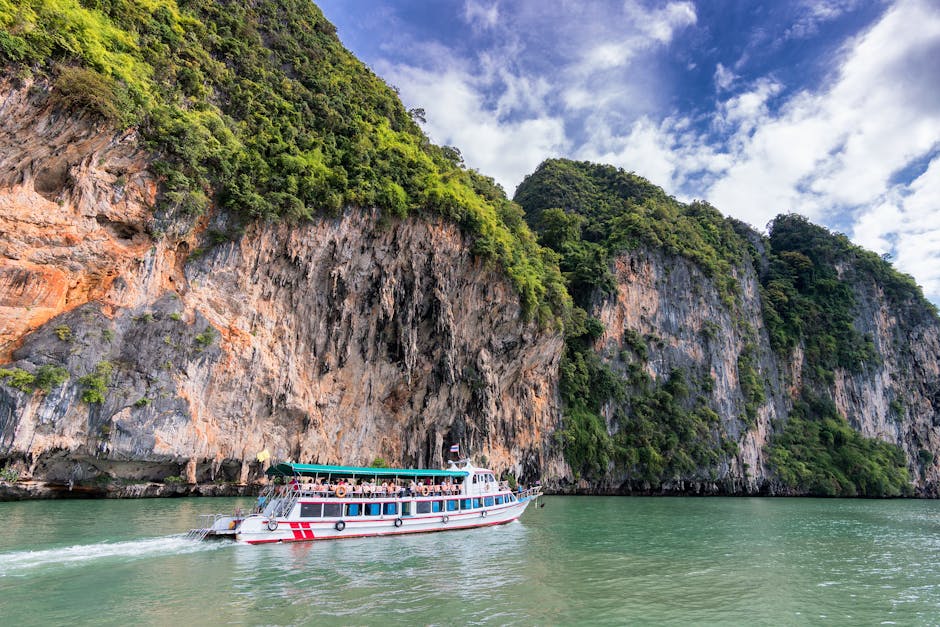Eschewing the well-worn paths of behemoths like the National Science Foundation – crucial, yet notoriously cutthroat ^1– requires a prospector's mindset. Untapped funding streams shimmer like buried treasure, demanding shrewdness and the right tools.
Corporate social responsibility (CSR) programs represent a fertile, often overlooked, vein. Numerous corporations, particularly those whose operations significantly intersect with water resource management (e.g., energy production, agricultural conglomerates), are increasingly investing in environmental research initiatives. Their CSR divisions frequently allocate substantial funds to projects harmonizing with their sustainability objectives. A meticulously crafted proposal, directly addressing their specific requirements and demonstrating clear mutual benefit, is paramount. Position your research as a potent brand enhancement, showcasing their commitment to environmental stewardship. This isn't mendicancy; it’s a strategic partnership proposition.
Another rich lode consists of foundation grants. These are less likely to be narrowly focused on specific research topics; instead, they prioritize fostering groundbreaking research or supporting promising young scientists within broader environmental science. Organizations such as the Explorers Club ^2 or the National Geographic Society, though not exclusively dedicated to ecohydrology, often provide grants perfectly supplementing ecohydrological fieldwork. Frame your application as a compelling narrative; emphasize your research's broader societal implications and its potential for public outreach. It's about vivid imagery, not mere data tabulation.
Don't discount the power of smaller, specialized funding opportunities. Numerous professional societies and smaller foundations offer grants explicitly earmarked for environmental fieldwork and travel. Though fiercely competitive, the rewards justify the effort. Meticulous research is essential; systematically examine the websites of relevant national and international organizations. Actively participate in conferences and networking events; these gatherings offer invaluable intelligence and potential connections, revealing funding opportunities unavailable online.
Finally, embrace collaborative funding strategies. Leverage synergistic collaborations with researchers from complementary fields. This approach not only strengthens your proposal but also expands the pool of potential funding sources. A multidisciplinary proposal investigating the complex interplay between hydrology, ecology, and climate change, for example, often proves more attractive to funding agencies than a strictly ecohydrological study.
Formulating Irresistible Proposals: The Art of Differentiation
Let's discuss proposal architecture. Your grant proposal serves as your expedition blueprint; a poorly conceived plan guarantees failure. Here’s how to chart a successful course:
First, storytelling reigns supreme. Discard dry, technical jargon. Weave a compelling narrative. Begin with a captivating introduction emphasizing your research's significance and its projected impact. Present your research questions as a compelling voyage of discovery, enticing the reader to embark on the journey with you.
Second, vividly illustrate your project's impact. Employ potent visuals – maps, charts, compelling diagrams – to showcase your research methodology and predicted outcomes. Consider your proposal a cinematic trailer, not a technical manual. A clear, concise visual representation of your field site and planned data acquisition points holds immense persuasive power.
Third, showcase your innovative approach. What distinguishes your methodology? What novel techniques or technologies will you deploy? Frame your project as a pioneering effort, pushing the boundaries of ecohydrological knowledge. Conceive of your research as a technological expedition charting unmapped territory.
Finally, construct a realistic, transparent budget. Avoid inflated cost estimates or unnecessary items. Justify each budget line item meticulously, demonstrating fiscal responsibility. A meticulously crafted budget assures the funding body of your stewardship of their investment.
The lifeblood of ecohydrological inquiry, fieldwork, demands robust financial underpinnings. A purely theoretical approach, confined to the sterile confines of a laboratory, fundamentally misrepresents the discipline's essence. Ecohydrology thrives in situ, necessitating immersive engagement with the natural world, meticulous data acquisition in the field, and intimate observations of hydrological processes within their specific geographical contexts. Without expeditionary funding, research remains a sterile hypothesis, its potential for transformative discovery forever unrealized.
This imperative transcends individual ambitions. The empirical data gleaned from on-site investigations contributes to a comprehensive, global synoptic view of ecosystem resilience under the intensifying pressures of climate volatility ^3. Imagine constructing a monumental mosaic; each individual research project provides a crucial tessera, ultimately coalescing into a profound understanding of water resource management and its intricate interplay with human populations.
Moreover, fieldwork frequently necessitates collaborative partnerships—engaging indigenous communities and international colleagues. This synergistic interplay yields invaluable perspectives and accelerates the genesis of sustainable remedies for pressing environmental predicaments. Access to travel funds underwrites these indispensable collaborations, ensuring the longevity of research initiatives, particularly in often-underserved regions.
Think of it this way: a minuscule contribution, a solitary drop in the vast ocean, may seem inconsequential. However, countless such contributions converge, forming a mighty torrent. So too, individual research efforts, however modest in scope, cumulatively contribute to the torrential flow of scientific understanding, profoundly influencing conservation strategies, policy decisions, and the very destiny of our planet. Funding ecohydrological expeditions is, therefore, paramount to sustaining this vital conduit of knowledge and innovative solutions.
Beyond the intrinsic scientific merit, fieldwork provides invaluable experiential learning for burgeoning ecohydrologists. These expeditions hone critical analysis skills, cultivate problem-solving acumen, and foster collaborative teamwork—a potent trifecta for professional development. Securing these grants, thus, represents not simply a financial commitment, but rather a strategic investment in the future of our field, assuring the ongoing vitality of ecohydrological research. Your funding request isn't merely a financial plea; it's a vital investment in the enduring strength of this critical scientific endeavor.






